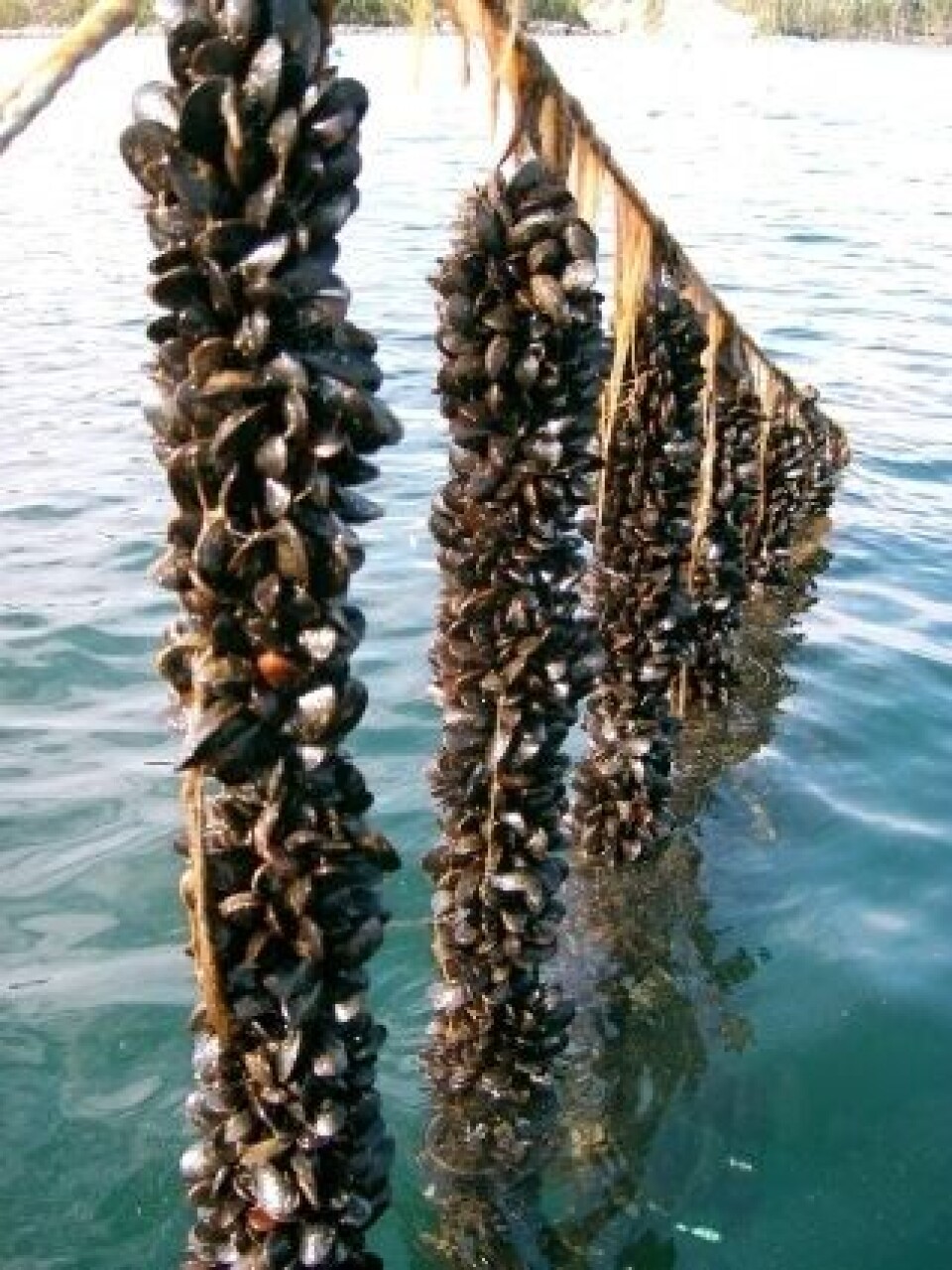
Boom year for Scottish shellfish
Mussel production last year rose by 6 per cent to 7,732 tonnes, the highest level ever recorded.
Figures produced by Marine Scotland Science and published yesterday in the Scottish Shellfish Farm Production Survey 2016 also showed production of Pacific oyster shells in Scotland increased by 31 per cent from the 2015 total to 3.5 million shells. Additionally, 4.6 million shells were produced for on-growing in other waters.
Employment levels fell by 8 per cent from 2015, with 315 full, part-time and casual staff employed in 2016.
The overall estimated value of the industry was calculated to be £11.7 million in 2016.
There was also an increase in both queen scallop production (33,000 to 155,000 shells) and scallop production (30,000 to 35,000 shells) since 2015. Native oyster production increased very slightly, from 200,000 to 201,000 shells.
Fluctuating prices
Commenting on the survey, Scotland’s Cabinet Secretary for the Rural Economy and Connectivity, Fergus Ewing said: “Shellfish growing is a significant food and drink success story and these latest production improvements show the real potential for further sustainable growth. This is an opportunity encouraged by the first ever farmed shellfish summit I hosted last year and now being taken forward through the Aquaculture Industry Leadership Group.”
The greatest contribution in regional mussel production was from Shetland, which accounted for 74 per cent of Scotland’s total, while the Strathclyde region produced 61 per cent of farmed Pacific oysters. Queen scallop production increased by 370 per cent since 2015 and the production of farmed scallops increased by 17 per cent.
Prices of farmed shellfish fluctuated throughout the year. The average price of Pacific oyster was £0.39 per shell; native oyster, £0.60 per shell; scallop, £2.03 per shell; queen scallop, £0.12 per shell and mussels £1300 per tonne.
In total 138 businesses took part in the survey.




















































